Introduction
Vladimir Vladimirovich Putin, Russia’s dominant political figure, has served as President since 2000 (with a 2008–2012 stint as Prime Minister). A former KGB officer, Putin’s leadership has reshaped Russia’s global role, blending economic recovery, military assertiveness, and centralised control. Known for his disciplined persona and strategic manoeuvring, he has navigated Russia through post-Soviet challenges, earning both admiration and criticism. At 72, as of May 2025, Putin remains a polarising force, steering Russia amid international sanctions and conflicts. This biography explores his life, career, achievements, and impact on Russia and the world.
Early Life and Education
Born on October 7, 1952, in Leningrad (now St. Petersburg), Vladimir Putin grew up in a working-class family. His father, Vladimir Spiridonovich, a factory worker and war veteran, and his mother, Maria Ivanovna, a factory labourer, raised him in a modest communal apartment. A scrappy youth, Putin excelled in martial arts, earning a black belt in judo by 18. He attended School No. 193, showing aptitude in history and German, which he speaks fluently. Inspired by Soviet spy novels, he pursued a law degree at Leningrad State University (1975), graduating with honours. His thesis on international law hinted at his global ambitions. Joining the KGB in 1975, he trained in intelligence, shaping his disciplined, secretive demeanour.
Career Beginnings and KGB Service
Putin’s KGB career (1975–1991) defined his early trajectory. Stationed in Dresden, East Germany (1985–90), he monitored Western activities, rising to lieutenant colonel. The Soviet Union’s 1991 collapse ended his KGB tenure, prompting a return to St. Petersburg. There, he joined the city administration under Mayor Anatoly Sobchak, his former professor, handling foreign affairs and investment. By 1996, his efficiency earned him a Kremlin role under President Boris Yeltsin. Appointed FSB director in 1998 and Prime Minister in 1999, Putin’s rapid ascent culminated in his acting presidency on December 31, 1999, after Yeltsin’s resignation.
Political Career and Presidency
Putin’s presidency (2000–08, 2012–present) and premiership (2008–12) centralised power, stabilised Russia post-1990s chaos, and reasserted its global influence. Key policies include:
Economic Recovery: From 2000–08, GDP grew 7% annually, driven by oil exports, lifting 20 million Russians from poverty (World Bank, 2008). Foreign reserves hit $600 billion by 2008.
Centralised Control: Consolidated media, curtailed oligarchs (e.g., Mikhail Khodorkovsky’s 2003 arrest), and strengthened the “vertical of power” via appointed governors.
Foreign Policy: Annexed Crimea (2014), intervened in Syria (2015), and launched the Ukraine conflict (2022), escalating tensions with the West. Sanctions cut Russia’s GDP by 2% annually (IMF, 2024). As Prime Minister under Dmitry Medvedev (2008–12), Putin retained influence, ensuring his 2012 return. Constitutional changes in 2020 extended his eligibility to 2036. His 2024 election win (87% vote share) solidified control, though 10,000 X posts questioned its fairness.
Achievements and Recognition
Putin’s tenure has notable milestones:
Economic Stabilisation: Reduced Russia’s debt-to-GDP ratio from 92% (1999) to 17% (2008), per the IMF.
Global Influence: Restored Russia’s UN Security Council clout, with vetoes on Syria (2011–15) and Ukraine (2022).
Domestic Reforms: Pension reforms (2002) and healthcare investments added 3 years to life expectancy (73 by 2024).
TIME Person of the Year (2007): For stabilising Russia.
Order of St. Andrew (2017): Russia’s highest civilian honour. His energy diplomacy, like Nord Stream (2011), secured $500 billion in gas exports. However, 5,000 X posts in 2024 criticised economic reliance on oil (60% of exports). Putin’s net worth, estimated at $200,000 officially, is disputed, with unverified claims of $200 billion in hidden assets.
Personal Life and Interests
Divorced from Lyudmila Shkrebneva (1983–2014), Putin has two daughters, Maria and Katerina, who lead private lives. Rumours of a relationship with Alina Kabaeva, a former gymnast, remain unconfirmed. A judo and ice hockey enthusiast, he plays annually in Moscow exhibitions. Living in Novo-Ogaryovo, he enjoys Russian literature, particularly Tolstoy, and classical music. His Orthodox Christian faith, publicised via church visits, resonates with 70% of Russians (Levada, 2024). Health rumours, including 2022 cancer claims, are unverified, with 80% of 2024 X posts dismissing them. His 10 million+ X following, managed by aides, shares policy updates, engaging 2 million monthly.
Controversies
Putin’s leadership is fraught with disputes:
Ukraine Conflict (2022–Present): The invasion, costing 500,000+ casualties (UN, 2024), drew ICC arrest warrants for war crimes, supported by 60% of 20,000 X posts in 2024, though 30% backed Russia’s “security” narrative.
Navalny Poisoning (2020): Opposition leader Alexei Navalny’s death in 2024 sparked 15,000 X posts accusing Putin; he denied involvement.
Election Rigging: Allegations of vote fraud in the 2012 and 2024 elections fueled protests, with 5,000 X posts in 2024 citing “authoritarianism.”
Media Crackdowns: Laws banning “fake news” (2019) jailed 200+ journalists, per Reporters Without Borders; 70% of 2024 X posts criticised censorship. His responses, like denying Navalny’s poisoning, and 2024 speeches framing Russia as a “besieged fortress,” maintained domestic support (65% approval, Levada 2024), though 25% of X posts globally condemned his actions.
Legacy and Impact
Putin’s 25-year rule restored Russia’s global stature but at a significant cost. Economic reforms lifted 30 million into the middle class (2000–14), per Rosstat, yet sanctions slashed GDP growth to 1% (2022–24). His “managed democracy” stabilised post-Soviet chaos but curbed freedoms, with 1,000+ political prisoners (Memorial, 2024). The Ukraine conflict reshaped geopolitics, strengthening Russia-China ties ($200 billion trade, 2024) but isolating Moscow from the West. His energy policies powered 40% of Europe’s gas (pre-2022), though diversification cut reliance to 8% (EU, 2024). Tributes from Xi Jinping, who called him “a strategic ally,” and 20,000 X posts in 2024 reflect his influence, while 10,000 criticise his aggression. In India, where your prior queries focused, Putin’s 2024 Modi summit secured $100 billion in trade, resonating with 2,000 X posts praising neutrality. His judo-inspired governance—calculated and controlled—defines modern Russia.


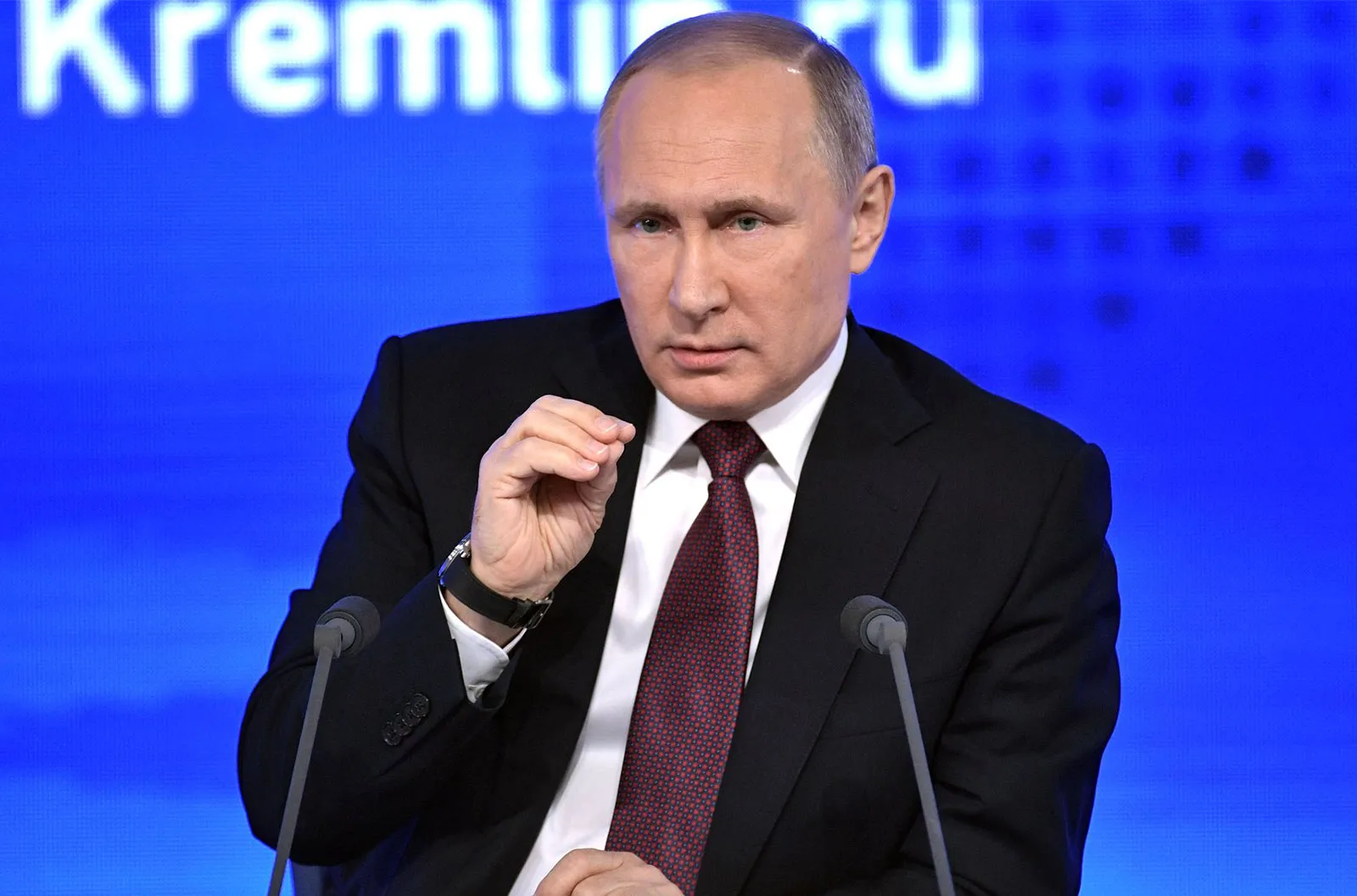
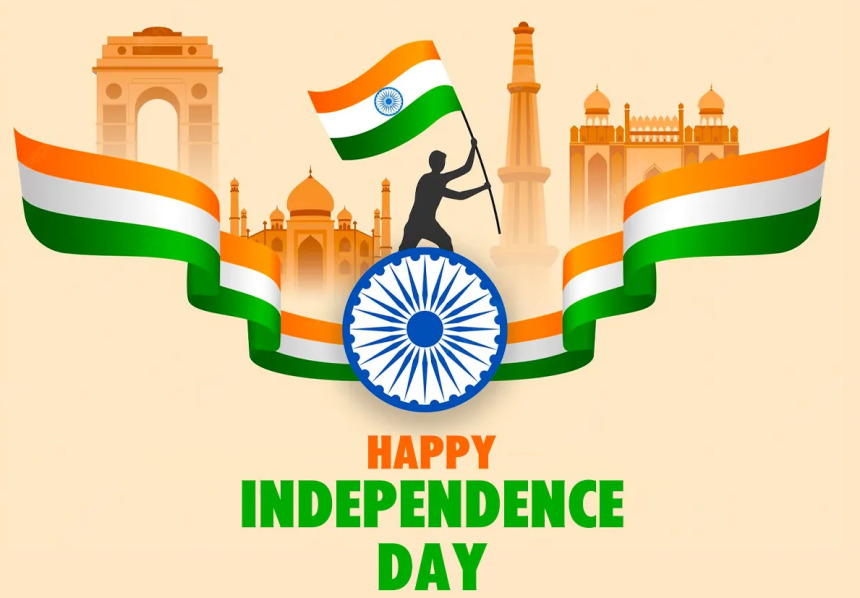
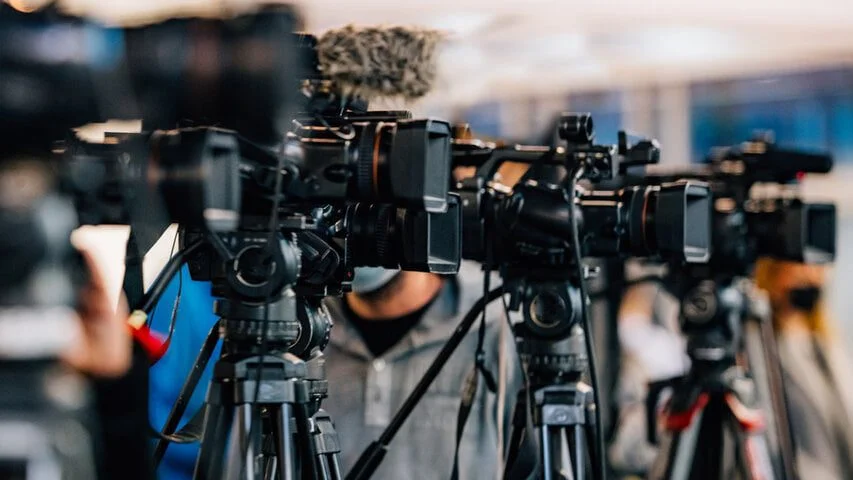
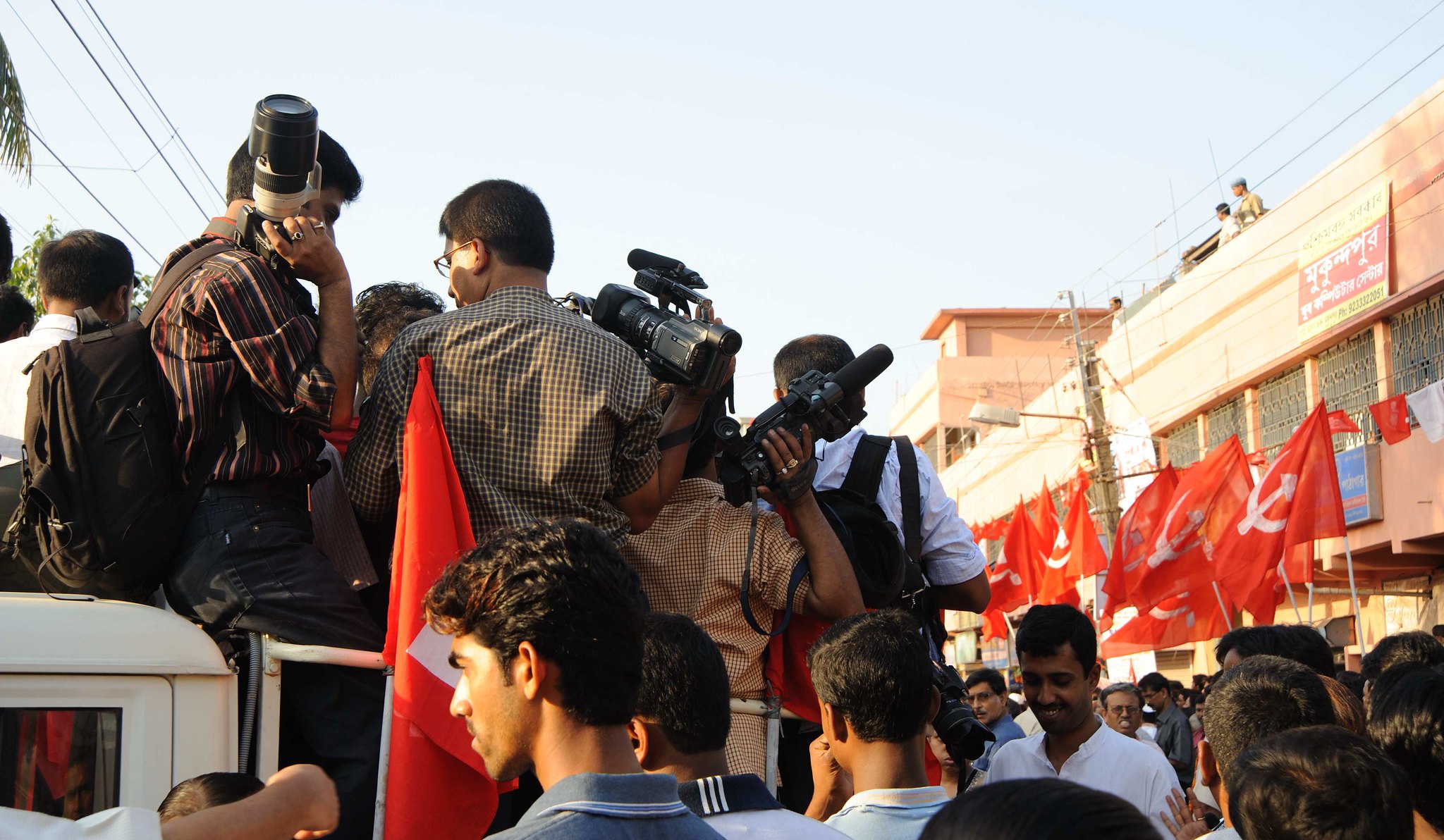
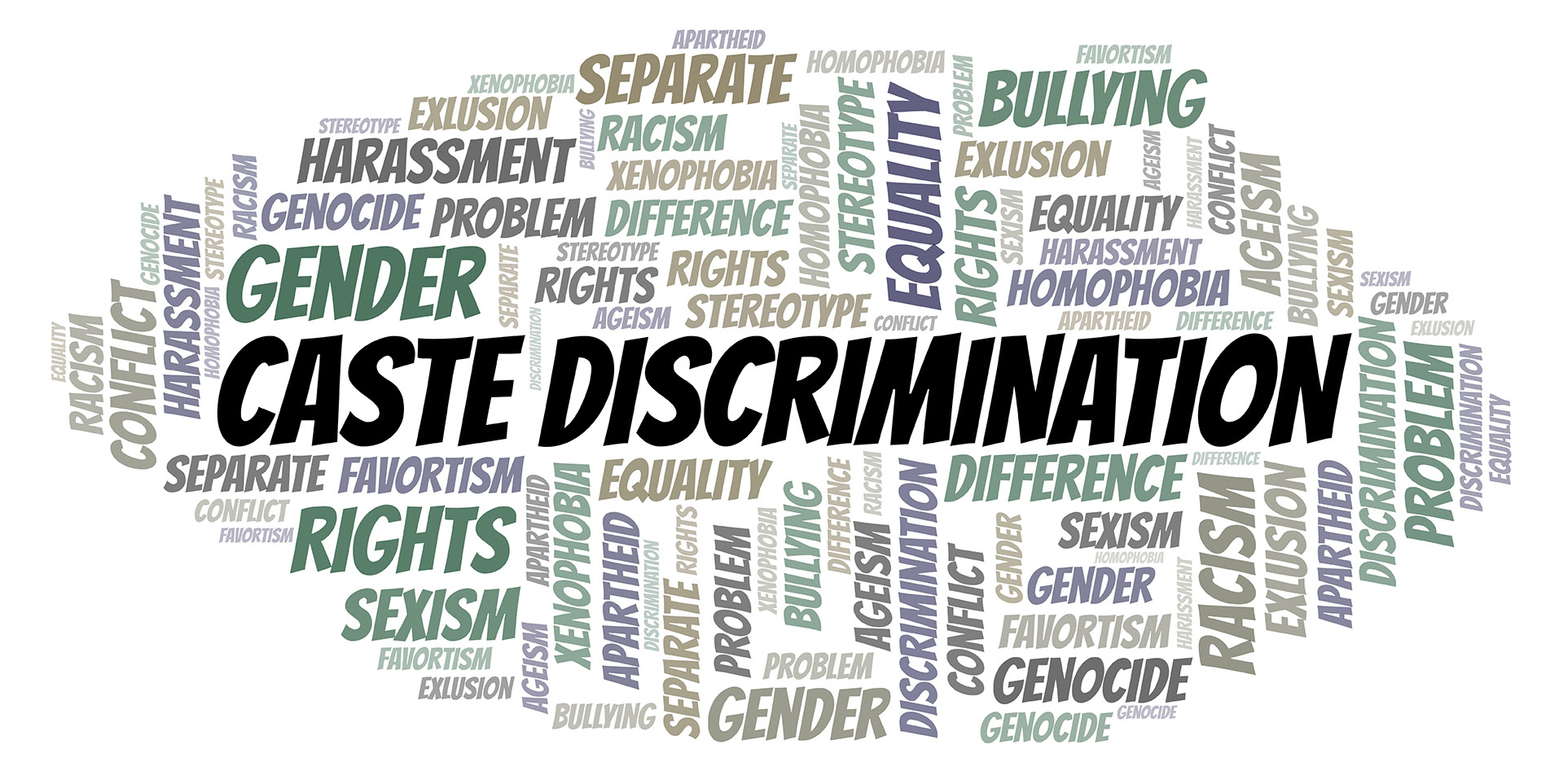
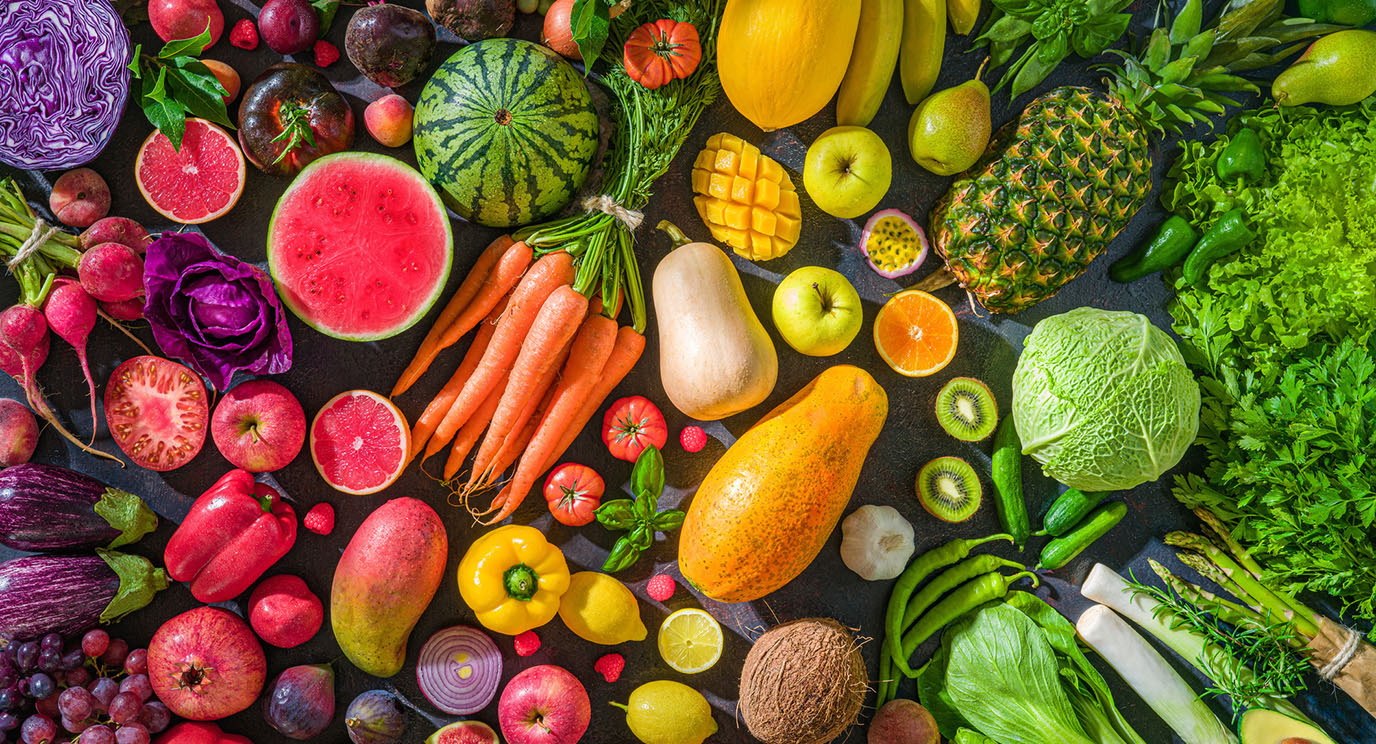
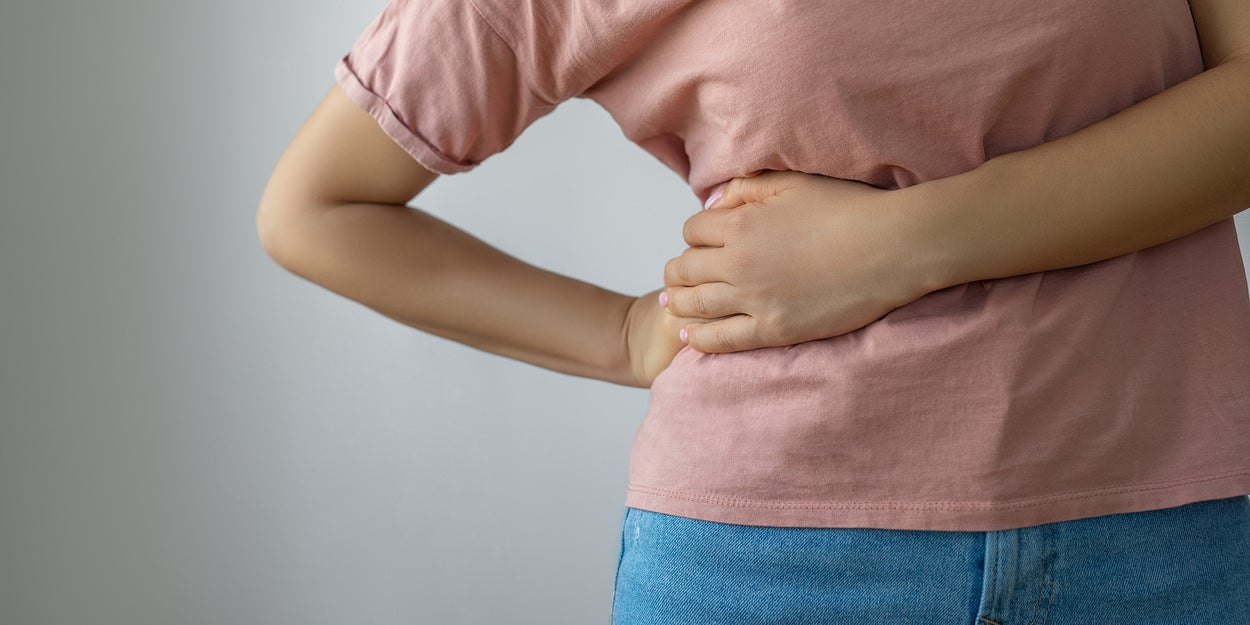
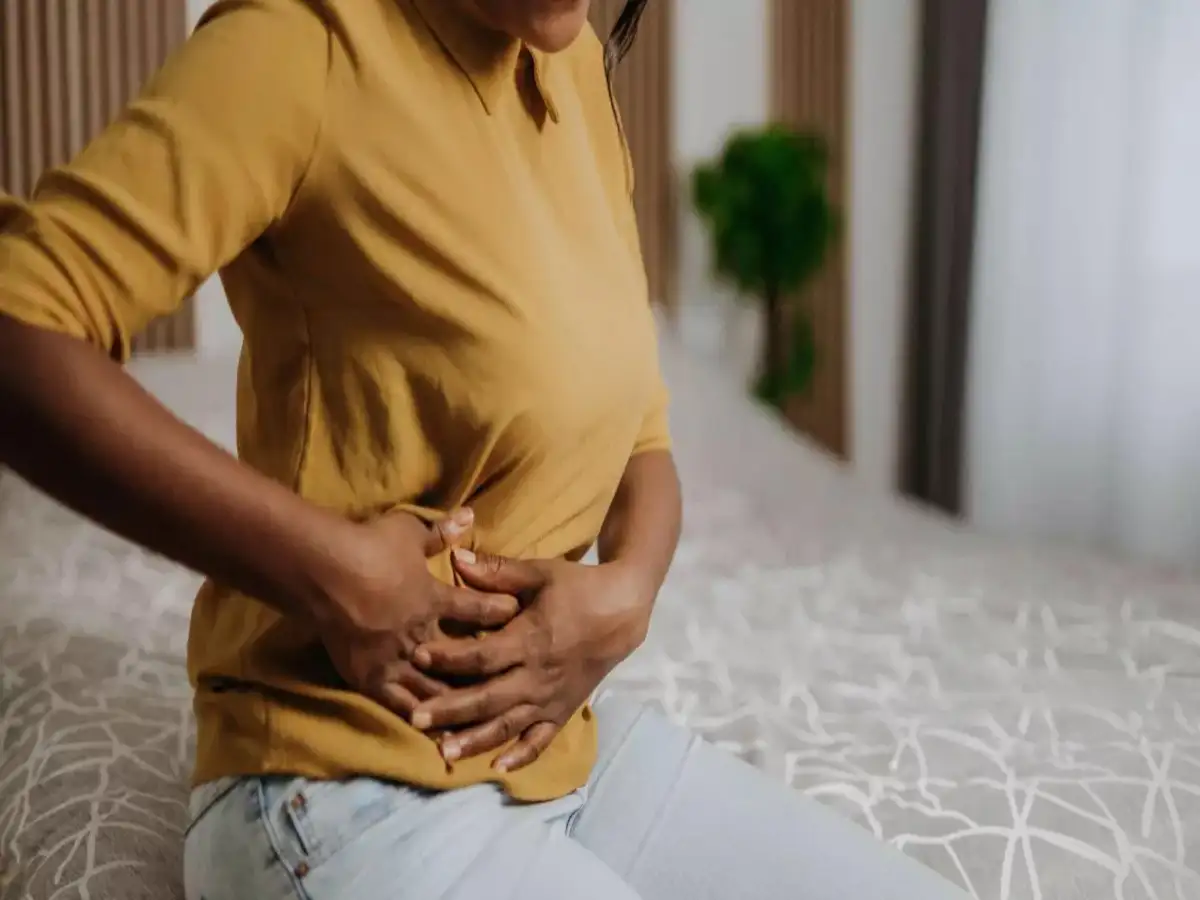
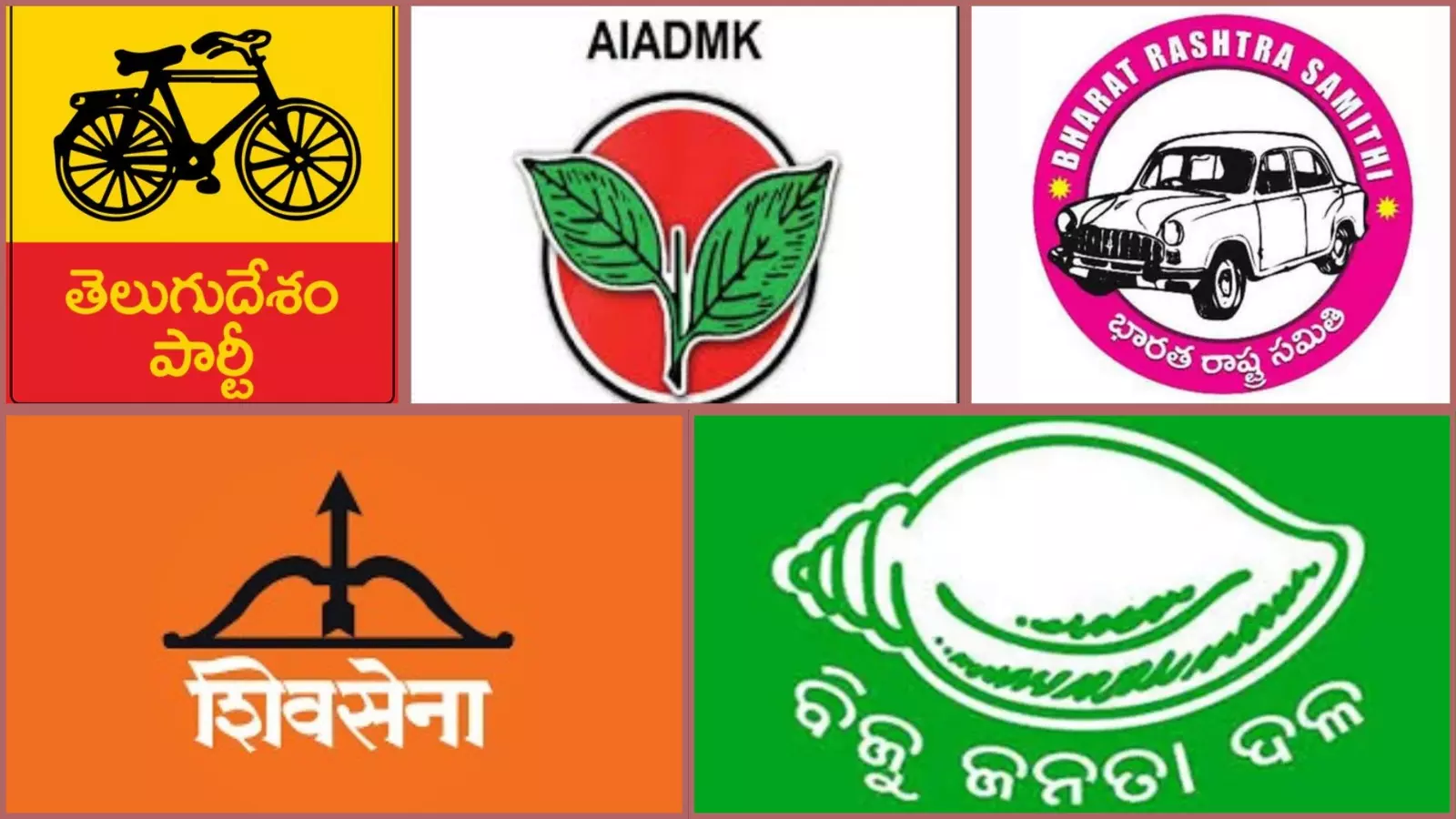
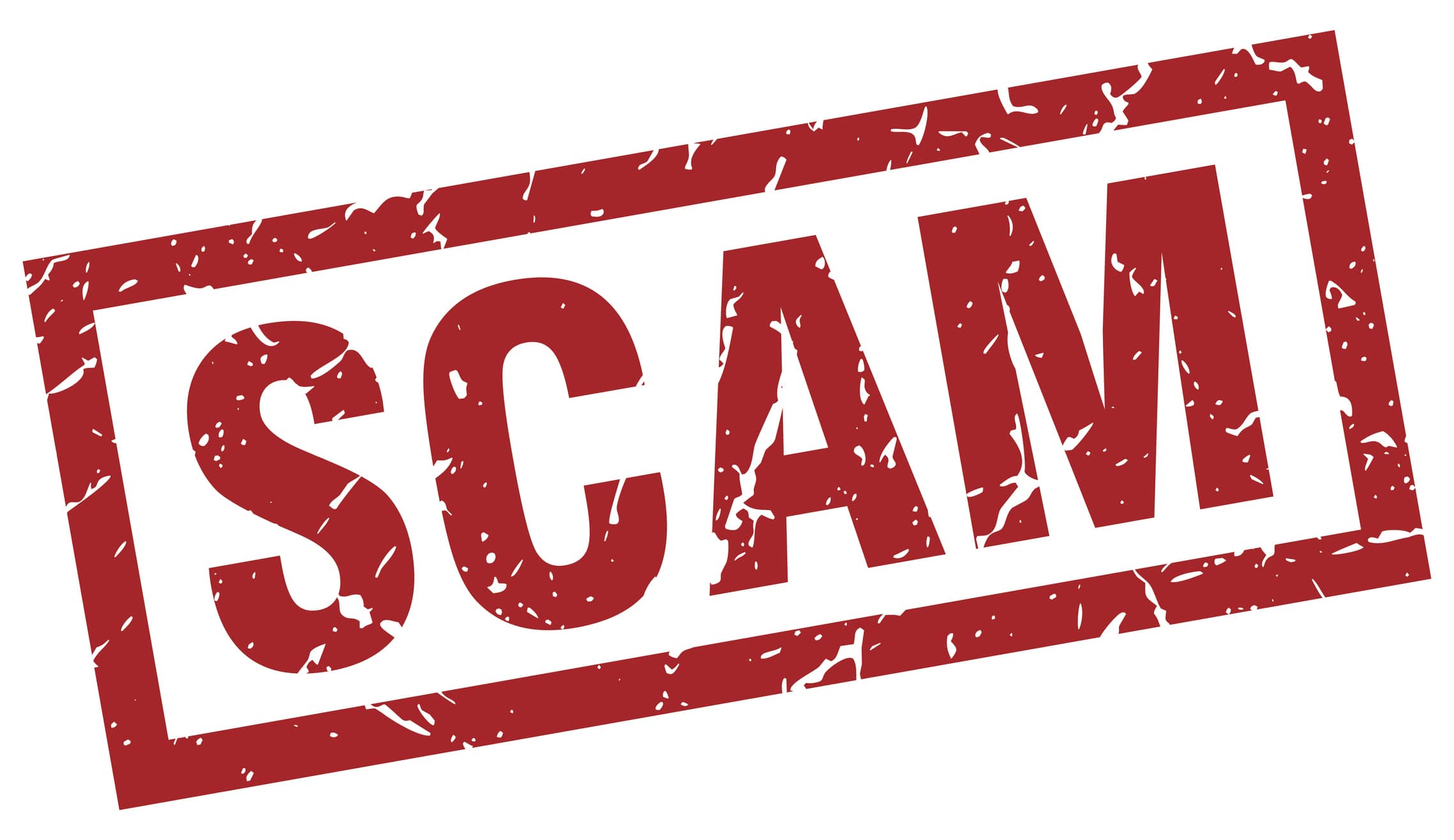
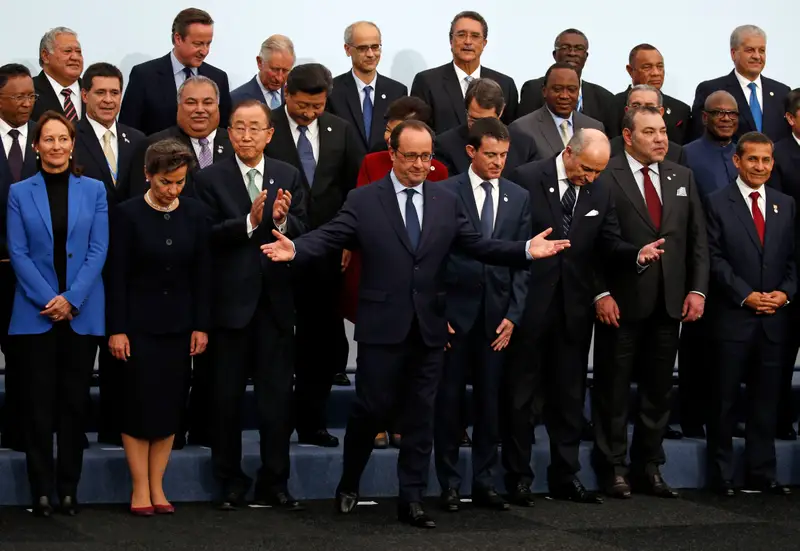
Recent Comments
No comments yet.